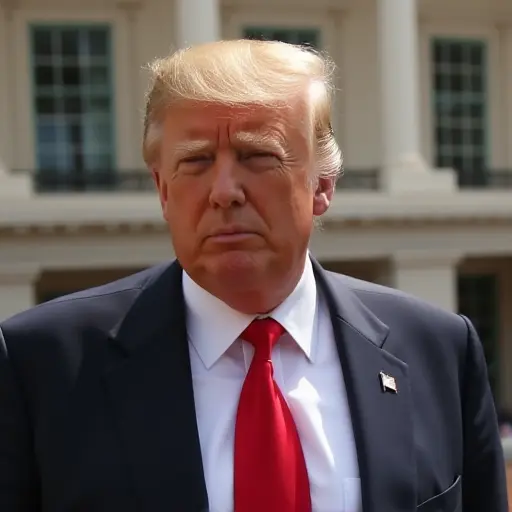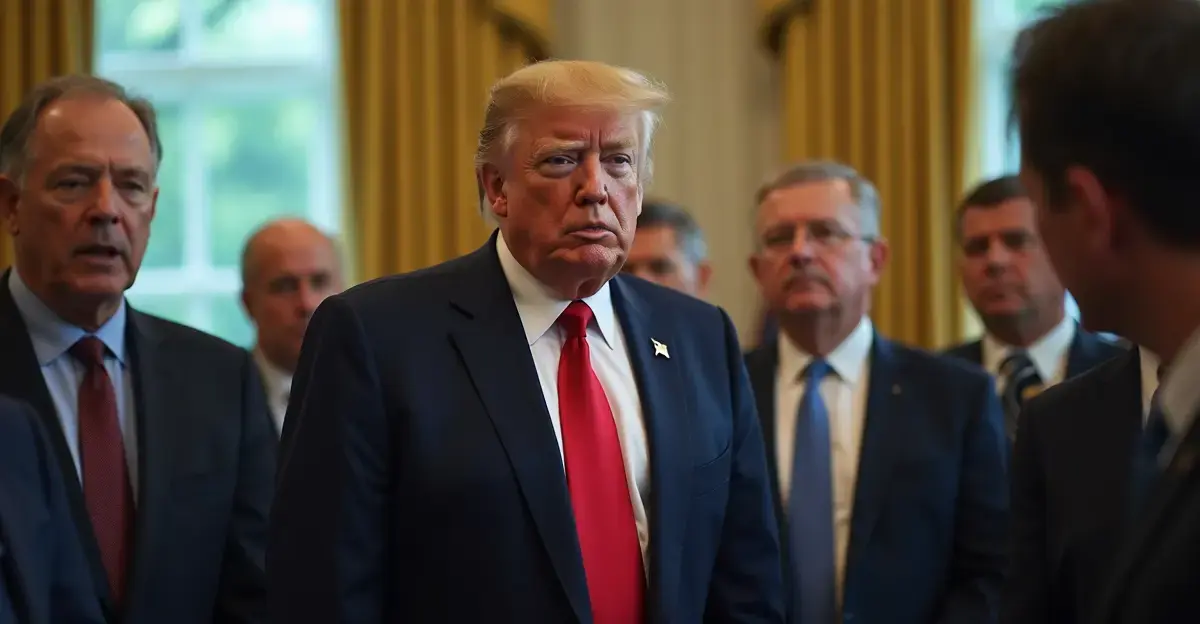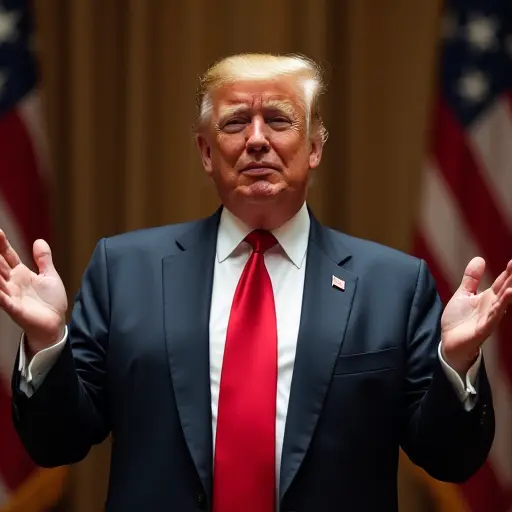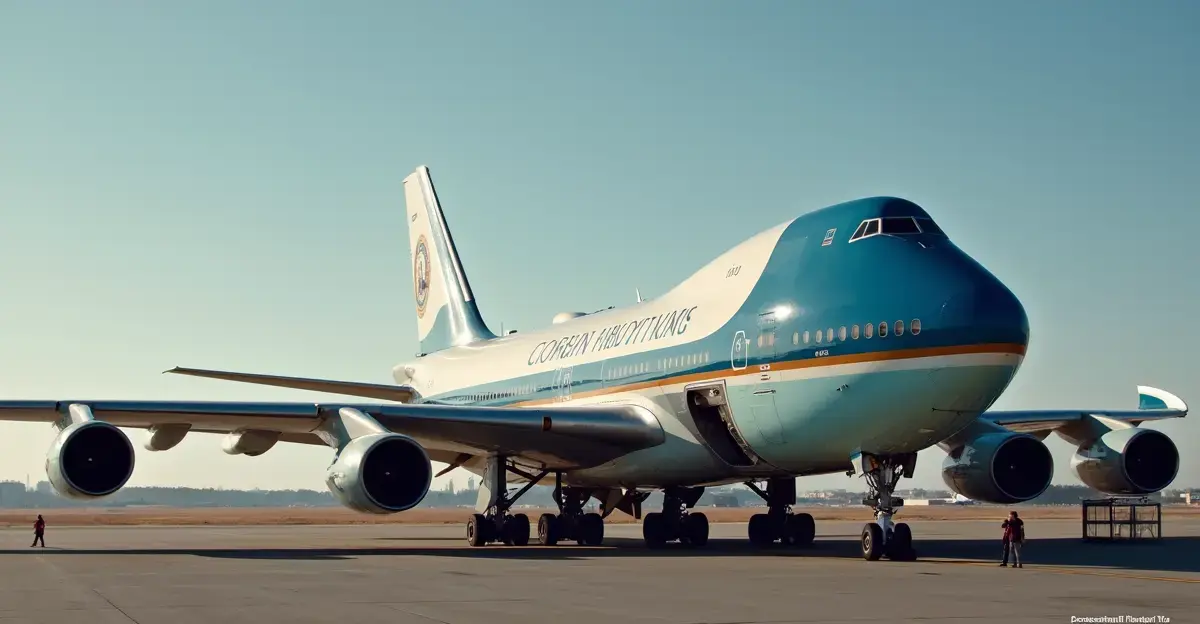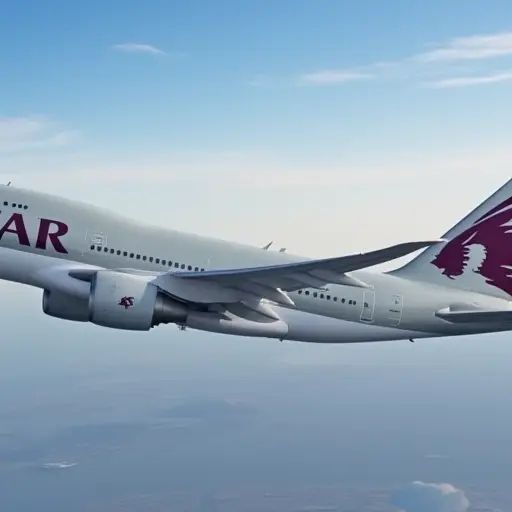The Trump family's business ties with the Middle East have more than tripled since the president's first term, according to a CNN count. This growing financial entanglement raises concerns among government ethicists, who argue it's difficult to assess whether the U.S. president acts in the national interest or for personal financial gain.
As Trump tours Saudi Arabia, Qatar, and the UAE this week, his family's business empire in the region continues to expand. Ambitious plans in the Gulf states include luxury skyscrapers, exclusive golf courses, and cryptocurrency deals.
Unlike most U.S. presidents who choose close allies for their first official trips, Trump visited Saudi Arabia first in 2017 and again during his second term. Ben Freeman of the Quincy Institute for Responsible Statecraft suggests this indicates a 'quid pro quo' relationship where Saudi investments benefit Trump's business interests.
Despite ethics concerns, Trump continues commercial activities, even promoting initiatives like his $TRUMP memecoin, which gained value after he promised an exclusive dinner for top holders.
Recent deals include a Trump golf course in Qatar backed by the state investment fund Qatari Diar and a $600 billion economic agreement signed with Saudi Crown Prince Mohammed bin Salman. Additionally, Trump hinted at accepting a replacement Air Force One as a 'gift' from Qatar's royal family.
Critics argue these actions show Trump's willingness to profit personally from his presidency, though the White House denies any ethical breaches.

 Nederlands
Nederlands
 English
English
 Deutsch
Deutsch
 Français
Français
 Español
Español
 Português
Português
